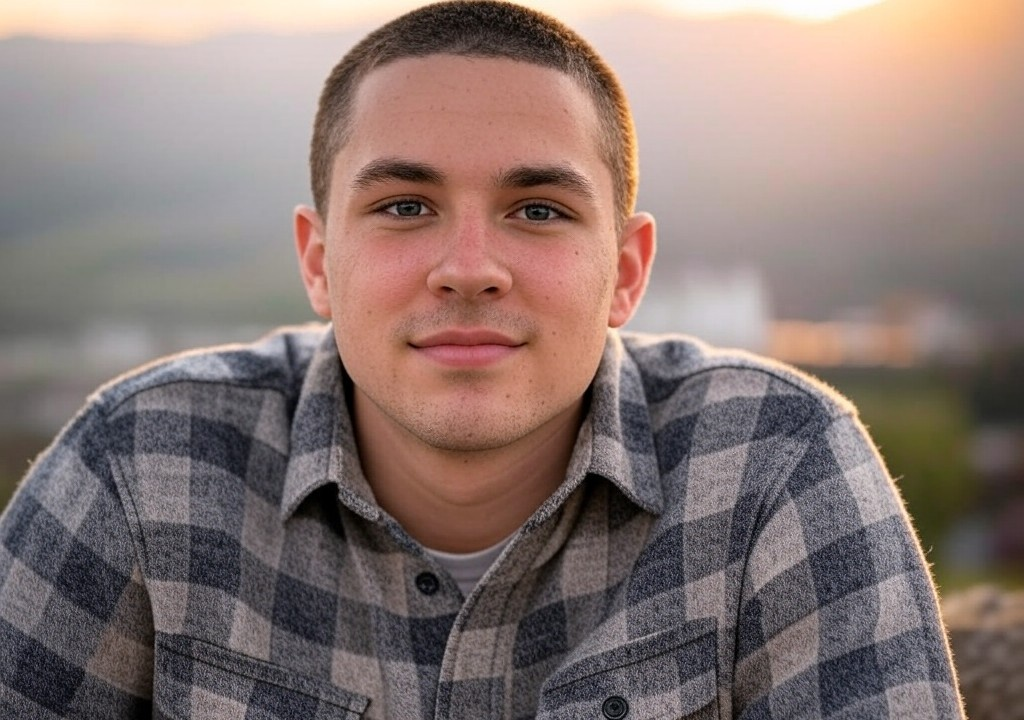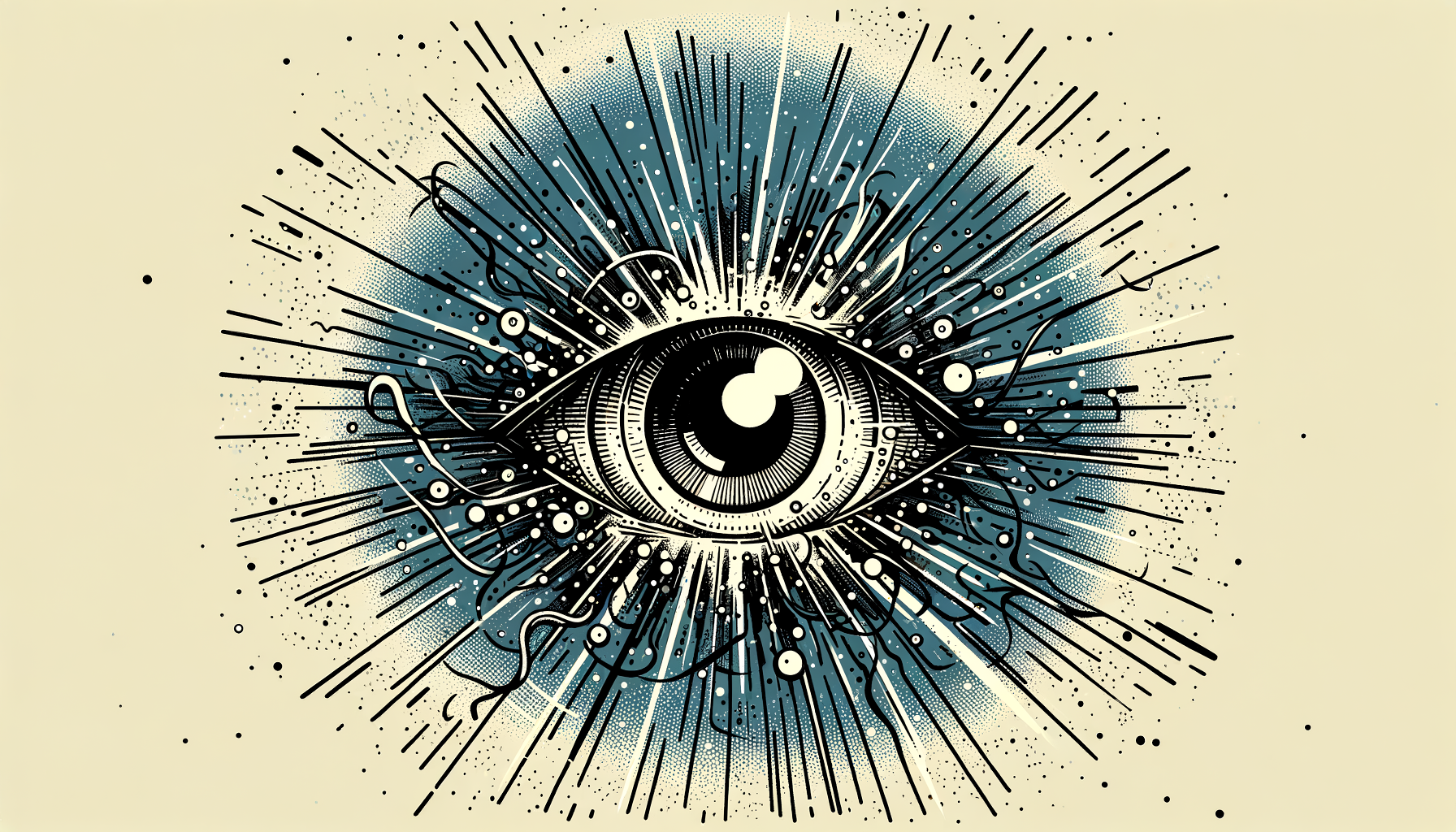The First Time I Felt Seen
The Invisible Years
Growing up in suburban Utah as the middle child in a devout LDS family, I was used to blending in. My parents loved us deeply, but the rhythm of family life—early-morning seminary, scouting trips, Sunday potluck dinners—felt like a well-choreographed dance. I knew the steps, but I wondered if anyone truly noticed how I moved.
Being “seen” in the broader sense wasn’t really something we talked about in our house. The prevailing sentiment was: don’t stand out too much. Not in sacrament meetings, not at school, and definitely not on Pioneer Day (Utah’s unofficial fourth of July but with more bonnets). I was great at being agreeable and adaptable, though perhaps a bit too much so.
When teachers handed out essays in English class, my heart would race—not because I feared the grade, but because the papers were a roadmap of who I wanted to be. I poured my thoughts about books we read, ideas I couldn’t say aloud, and questions about faith onto those pages. But my voice always stayed contained in margins and file folders. Nothing screamed "recognition," just quiet nods and occasional polite praise. I wasn’t Caleb, I was "Have you seen Caleb? He was just here a second ago."
I wasn’t unloved or unhappy—I was simply... overlooked. I played the part of the boy next door so well that most people didn’t realize the door was actually locked.
The Moment It Changed
It started, as many things do, with a terrible idea. I was a sophomore in college, newly obsessed with James Baldwin after a humanities professor casually mentioned Giovanni’s Room. Inspired—and perhaps feeling particularly bold after finishing finals—I sat down and wrote an essay. Not for class, not for anyone else to grade, but for me. It was deeply personal. I wrote about growing up Mormon, grappling with doubt, and feeling at odds with my community’s expectations. I tried to describe the hollow ache of wanting more but being too afraid to ask for it, and what it meant to feel spiritually claustrophobic in a space that was supposed to be expansive.
Then I did something I wouldn’t have dreamed of doing in high school: I sent it to a national publication on a whim. In retrospect, it might’ve been smarter to start smaller—maybe a student newspaper or one of those literary journals no one reads but everyone pretends they skimmed. But at that moment, courage outweighed caution, which is how I ended up clicking “submit.”
A few weeks later, when I’d almost forgotten about it, I received an email: We’d love to run this. I read it three times to make sure it wasn’t spam. For a moment, I was euphoric. Then it hit me: What have I done? That fleeting joy was replaced with dread. This wasn’t a little Instagram caption or something only my buddies would see. This was my inner world, sent out to actual strangers with editorial credentials. I immediately imagined my bishop reading it, complete with frown lines and disappointment heavy enough to flatten a chapel.
But when the piece was published, something unexpected happened. People—real, actual people—emailed me. Not to judge, but to thank me. They described their own tangles with identity, faith, or trying to fit into a mold that wasn’t shaped for them. Someone even wrote, “You said what I’ve been trying to put into words for years.”
One email, though, stood out. It came from a man in southern Idaho, who wrote: “Reading your essay made me feel like my questions are okay. No one’s ever told me that before.”
That knocked the wind out of me. I wasn’t just seen—I was understanding, too. For the first time, I realized that everything I’d kept tucked away wasn’t just mine to carry. My quirks, doubts, and all the things that made me feel invisible could actually make me visible to others.
Why Being Seen is Terrifying
Here’s the thing about being seen, though: it’s messy. You can’t control how someone else perceives you. You have to shed the polished, Instagram-filter version of yourself and let the parts you’re not so proud of peek through. It’s a little like showing up to a party where everyone’s dressed to impress, only you’re wearing that hoodie with a ketchup stain and sweats that have long forgotten their elastic.
But being seen also invites relationships that feel real. Whether we’re talking about romance, friendships, or the barista who knows your latte order by heart, connection only happens when your true self meets someone else’s. That’s why so many of us crave it, but also why we’re scared of it. Vulnerability looks amazing on Pinterest quotes but feels like showing up naked in chemistry class when it actually happens.
Finding the Courage to Be Seen
So, how do you embrace being undeniably, unavoidably you? Let me save you some trial and error:
1. Lead with Vulnerability
For years, I thought being liked meant never rocking the boat—everything had to be agreeable, a clean slate without rough edges. But people can’t connect with blank walls; they connect when you share your cracks, your quirks, your doubts. Trust me, once I stopped trying to sound "impressive" online or at parties, magical things happened—like someone texting me an obscure Parks and Rec meme because I casually mentioned loving Ron Swanson’s breakfast pyramid.
2. Learn to Laugh at Yourself
There’s a good chance that whatever you’re scared to share, someone else has been through it, too—or at least knows how to appreciate the humor in your struggles. So, embrace the awkward. Tell the story of your worst date (mine involved a spilled soda, a ferocious raccoon, and zero second chances). Oddly enough, laughing at yourself doesn’t diminish you—it makes you more approachable.
3. Accept that Not Everyone Will See You
Not everyone needs to get you. Some people won’t read the memoir, swipe right, or pay attention long enough to notice what’s beneath the surface. That’s fine. You’re not here to audition for universal approval—you’re here for authentic connection. Someone else missing the big stuff about you doesn’t shrink its value.
The Takeaway
That essay I wrote in college isn’t even my proudest work anymore. But it was pivotal—it cracked me open. It reminded me that being seen isn’t just about applause or romantic gestures (looking at you, grand boombox serenaders in ‘80s movies). It’s about understanding and being understood in a way that makes you feel alive, whether it’s by one person or a whole room.
The first time I felt truly seen, I realized I didn’t have to explain or shrink myself anymore. And the best part? It only gets better. Because once you’ve tasted that level of connection, you carry it with you into every relationship, date, or coffee meeting. Think of it as your personal beacon: shining just bright enough for the people who matter most to find you.




















